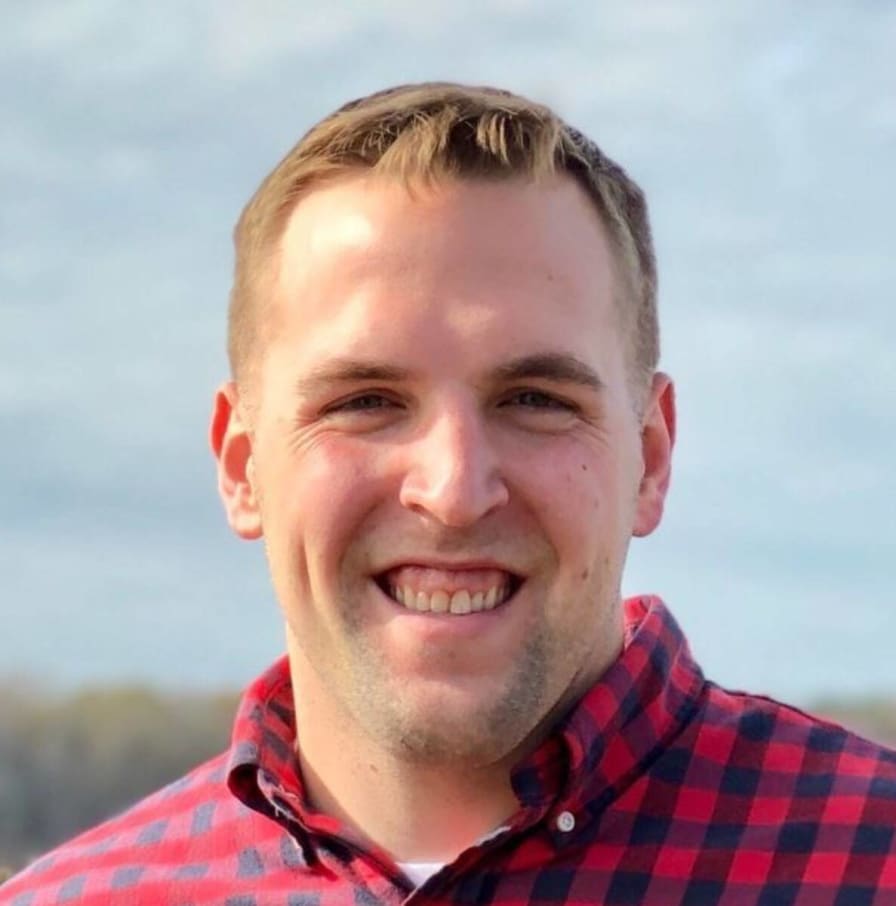Where We Are
In 1999, Gary Burge published an article in Christianity Today titled “The Greatest Story Never Read,” expressing deep concern about the state of biblical literacy among incoming freshmen at Wheaton College. These students—presumably among the most devout and engaged Christian youth—struggled to answer basic questions about Scripture. One-third couldn’t correctly sequence major biblical events, half couldn’t place Moses in Egypt or identify when Saul died, and another third didn’t know Matthew was an apostle.
Twenty-five years later, not much has changed. The American Bible Society’s 2024 State of the Bible report found that only 40% of U.S. adults qualify as “Bible users,” defined as engaging with Scripture at least three to four times a year.
In the 2022 State of Theology survey by Lifeway, 40% of participants agreed with the heretical statement that “Jesus is the first and greatest being created by God.” Nearly one-third believed Jesus was only a great teacher, and just 34% agreed that righteousness comes by faith alone, not by works.
Putting this all together, the data is clear: biblical and theological literacy has not significantly improved. The trendlines point in a negative direction.
Why?
This shift cannot be attributed solely to cultural change or the pandemic. The decline in engagement was already present long before 2020. What we’re witnessing is the result of a surface-level spirituality that lacks a foundation in Scripture and sound doctrine. People profess deep faith but lack the tools to understand, explain, or defend it.
A significant part of the issue lies in the way church culture has evolved. In previous generations, it was common for believers to attend church multiple times a week. In Calvin’s Geneva, daily church attendance was the norm, and midweek theological discussions were expected. Pastors gathered weekly to critique sermons and study Scripture together. Bible study wasn’t optional—it was essential. Today, however, the common attitude has become, “As long as I show up on Sunday, that’s enough.” That mindset—what we might call a “check-the-box” or “good-enough” spirituality—has contributed to the erosion of biblical knowledge.
How Can We Recover?
One practical step toward restoring theological depth is the recovery of catechism. Catechism offers a simple but powerful method of discipleship using a question-and-answer format to teach the core truths of the faith. In church history, new believers and children would go through catechism before baptism to ensure they truly understood the gospel. Consider this: when you came to faith, were you ever asked to explain the Trinity or the atonement? Many of us weren’t. We knew that Jesus saved us, but we didn’t always grasp how or why. Reintroducing catechism, especially something accessible like the New City Catechism, could give believers a firm foundation on which to build.
Pair this with a consistent Bible reading plan—such as BibleProject’s “One Story That Leads to Jesus”—and you begin to shape a well-rounded faith that integrates the relational, the spiritual, and the intellectual. Add in a spiritual discipline like Lectio Divina or Scripture journaling to keep reflection and application personal and engaging. These are not complicated practices, but when done faithfully, they transform.
Whether you're the Christian who’s discouraged by shallow teaching or someone who realizes your own engagement has been minimal, this is a call to action. Theological depth isn’t just for seminary students—it’s for everyone in the pew. Knowing God deeply is a privilege, and reading His Word is a gift. We live in an age of unprecedented access to Scripture and biblical resources. Imagine what someone like Martin Luther or John Calvin would have done with the digital tools we now take for granted.
Be excited to study God’s Word. Be eager to grow. Don’t settle for cultural Christianity when you’ve been invited into communion with the living God. As C.S. Lewis once said, “God has given us the Bible. We must make ourselves acquainted with it.”
Lakelight Monthly
Curated resources, delivered on the last Saturday of the month.
By subscribing you agree to with our Privacy Policy and provide consent to receive updates from our company.












